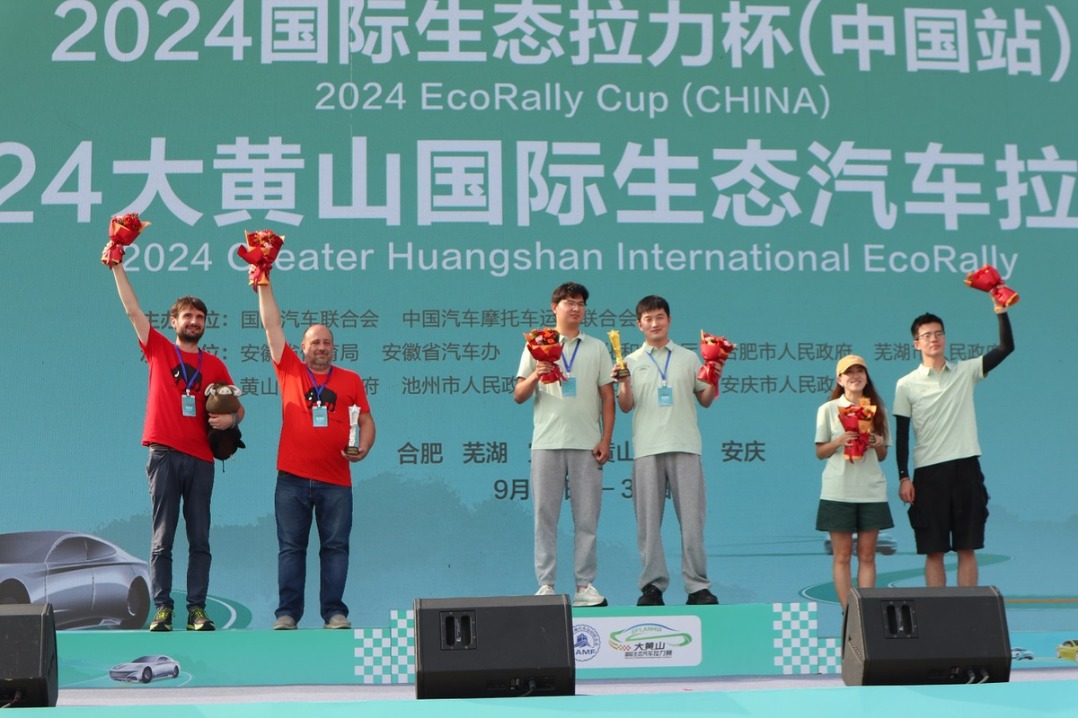Researchers find method to produce water on moon

Chinese researchers have developed a new method that could produce massive amounts of water through the reaction between lunar materials and hydrogen found in surrounding lunar soil. Their study was published in the journal The Innovation on Thursday.
Studies of the moon's water content play a vital role in planning for the construction of future scientific research bases on the moon.
Research results from previous lunar explorations have revealed that ice may exist in a natural state at the moon's north and south poles and in its permanently shadowed regions.
However, the natural water content in lunar minerals is extremely low, ranging from 0.0001 percent to 0.02 percent, according to the Chinese Academy of Sciences' Ningbo Institute of Materials Technology and Engineering, making it challenging to extract and use water in situ on the moon.
Recently, researchers from NIMTE, the CAS' Institute of Physics, the China Academy of Space Technology, the Songshan Lake Materials Laboratory, Nanjing University and the Harbin Institute of Technology analyzed lunar samples brought back by the Chang'e-5 mission in 2020.
They found that solar winds had irradiated the minerals in lunar soil for billions of years and had stored an abundant amount of hydrogen. When heated to high temperatures, the hydrogen reacts with the iron oxides in the minerals to produce elemental iron and large amounts of water.
When the temperature rises above 1,000 C, the lunar soil melts and the water generated by the reaction is released as vapor.
The researchers confirmed that 1 gram of molten lunar material can generate 51 to 76 milligrams of water.
"In other words, 1 metric ton of lunar regolith (material) can produce more than 50 kilograms of water," said Wang Junqiang, a professor at NIMTE.
The researchers also investigated the differences in hydrogen content in different lunar minerals. Of the five primary minerals found in lunar material — ilmenite, plagioclase, olivine, pyroxene and lunar glass — ilmenite was found to contain the highest amount of solar wind-implanted hydrogen.
The in situ heating experiments indicated that the hydrogen retained in lunar minerals is a substantial resource for producing water on the moon.
Xinhua
- Xi delivers speech at reception held in Beijing to celebrate 75th founding anniversary of PRC
- Envoy: Fortify 'mansion' of China-US ties
- Global reporters, influencers appreciate wisdom of Confucius
- The evolution of Chinese dining tables over 75 years
- Collaboration creates symphony of progress
- Scientist honored for deep-Earth exploration efforts





































